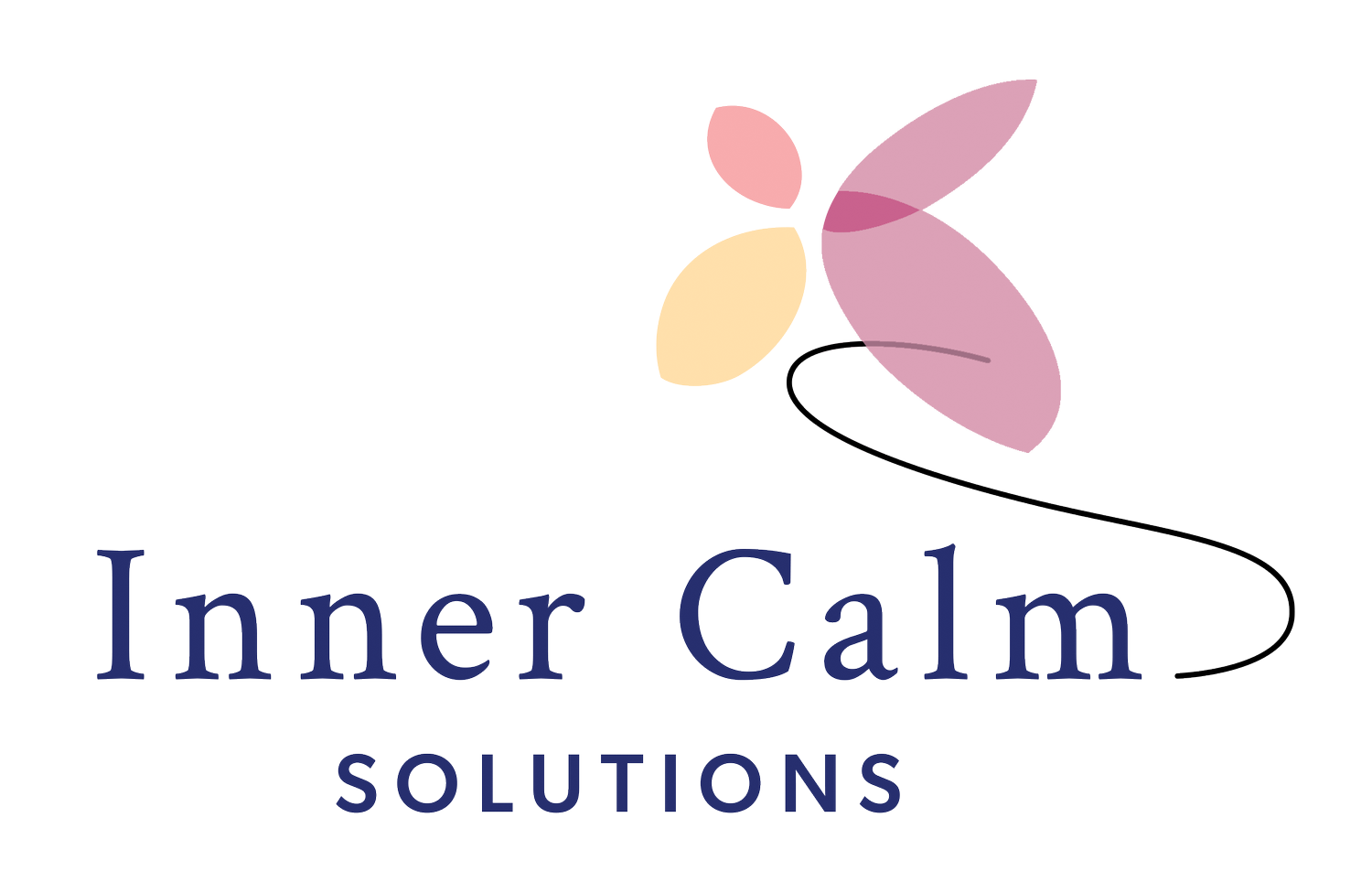The Fear of Uncertainty: How Intolerance of Uncertainty Fuels OCD
September 8, 2025
At the heart of Obsessive-Compulsive Disorder (OCD) lies one of the most difficult challenges for the human mind: uncertainty. While everyone experiences doubt from time to time, people with OCD often feel an overwhelming need to be 100% certain. The problem is—absolute certainty doesn’t exist. This is where OCD thrives.
Whether it’s double-checking a lock, needing to confess every thought, or seeking reassurance about morality, health, or relationships, OCD latches onto uncertainty and demands answers. But the more someone chases certainty, the stronger OCD becomes.
In this post, we’ll explore why uncertainty is so central to OCD, how it shows up in daily life, and how Exposure and Response Prevention (ERP) therapy can help people learn to live with doubt.
Why Uncertainty Feels So Threatening
Our brains are wired to dislike uncertainty because it feels risky. For people with OCD, this discomfort is amplified. OCD tells them:
“If you don’t check again, something terrible might happen.”
“If you don’t confess this thought, it means you secretly agree with it.”
“If you don’t analyze this feeling, you’ll make the wrong choice.”
The brain’s alarm system misfires, creating the sense that uncertainty equals danger. This leads to compulsions—behaviors or mental rituals designed to “solve” the doubt. Unfortunately, compulsions only provide temporary relief, and the cycle continues.
Common Ways OCD Exploits Uncertainty
OCD shows up differently for each person, but intolerance of uncertainty is a thread that runs through all forms of the disorder. Some examples include:
Checking OCD: Needing to check locks, appliances, or doors repeatedly to feel certain nothing bad will happen.
Relationship OCD (ROCD): Doubting whether you truly love your partner or whether you’re with the “right” person.
Health Anxiety & Contamination OCD: Needing certainty about not being sick, not spreading illness, or not being “dirty.”
Moral/Scrupulosity OCD: Doubting whether you’ve sinned, lied, or harmed someone without realizing it.
Harm OCD: Needing absolute proof that you would never act on an intrusive thought.
No matter the theme, the underlying question is the same: “But how can I be sure?”
The Role of ERP in Building Tolerance to Uncertainty
The good news is that OCD is highly treatable. The gold-standard approach, Exposure and Response Prevention (ERP) therapy, directly addresses the intolerance of uncertainty that fuels OCD.
Here’s how ERP helps:
Exposure: You gradually face situations or thoughts that bring up uncertainty (e.g., locking the door once and leaving without checking again).
Response Prevention: You resist the urge to engage in the compulsion (e.g., not driving back home to “make sure”).
Through repeated practice, your brain learns that uncertainty is not dangerous—and that you don’t need to solve every “what if.” Over time, the anxiety decreases naturally, and the need for compulsions lessens.
Learning to Live with “Maybe”
One of the most powerful lessons in OCD recovery is embracing the word “maybe.”
“Maybe I locked the door, maybe I didn’t.”
“Maybe I’m in the right relationship, maybe I’m not.”
“Maybe this thought means something, maybe it doesn’t.”
This doesn’t mean being careless—it means accepting that certainty is never guaranteed, and learning that life is still worth living without it.
Final Thoughts
OCD convinces people that the only path to safety is through certainty. But chasing certainty is exactly what keeps OCD strong. The real freedom comes from learning to tolerate the unknown, step by step, with the support of ERP therapy.
At Inner Calm Solutions, we help people face uncertainty with courage and compassion. ERP provides the tools to loosen OCD’s grip and reclaim a life guided by values—not fear.
Remember: it’s not about eliminating doubt. It’s about learning that you can live fully, even when you don’t have all the answers.
